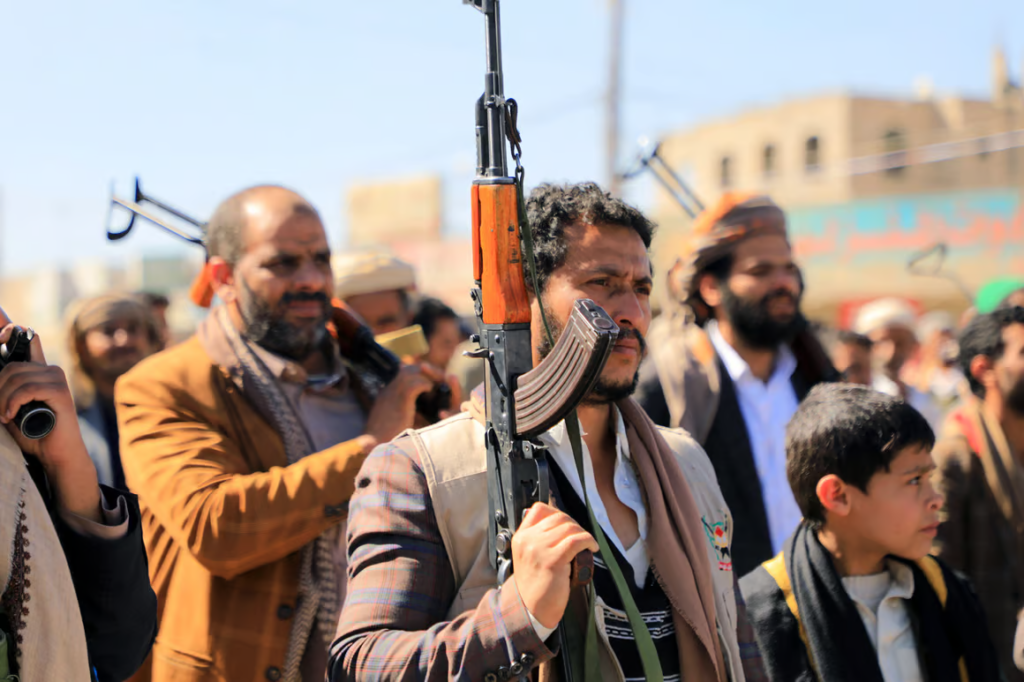A Crucible of Conflict: Escalating Tensions Across the Middle East
The Middle East, a region historically fraught with conflict, finds itself once again at a critical juncture, marked by a dangerous escalation of hostilities. Recent reports detailing intensified Israeli military operations in Gaza, coupled with stern warnings directed towards Lebanon, paint a grim picture of a region teetering on the brink of wider conflagration. Adding to this volatile mix are the increasingly frequent missile interceptions by the Israeli military, with the Houthi rebels in Yemen claiming responsibility, further widening the geographic scope of the conflict.

The Humanitarian Crisis in Gaza
The situation in Gaza remains dire. The ongoing Israeli military operations, reportedly intensified in recent days, underscore the persistent and devastating impact of the conflict on the civilian population. Reports of the destruction of vital infrastructure, including hospitals, exacerbate the already critical humanitarian crisis. The civilian population, trapped amidst the violence, faces unimaginable suffering, with limited access to essential resources and safety. The continuous cycle of violence perpetuates a climate of fear and despair, hindering any prospects for lasting peace.
Escalating Tensions on the Lebanese Border
Simultaneously, the rhetoric directed towards Lebanon indicates a significant escalation in tensions along Israel’s northern border. The warnings of a “severe response” to any strikes from Lebanon suggest a readiness to engage in a potentially devastating conflict. The presence of Hezbollah, a powerful armed group with significant influence in Lebanon, further complicates the situation. Any miscalculation or escalation could quickly spiral into a full-scale war, with catastrophic consequences for both nations and the wider region.
The Houthi Factor: Expanding the Conflict’s Reach
The involvement of the Houthi rebels in Yemen, with their repeated missile attacks on Israel, adds a new and dangerous dimension to the conflict. This development demonstrates the interconnectedness of regional conflicts and the potential for seemingly disparate actors to become entangled in a larger struggle. The Houthis’ actions, driven by their own regional agenda, underscore the complex web of alliances and rivalries that characterize the Middle East. This expansion of conflict to the red sea, also effects international shipping, and the global economy.
The Urgent Need for De-escalation and Diplomacy
The current situation is a stark reminder of the deep-seated grievances and unresolved issues that continue to fuel conflict in the Middle East. The lack of meaningful progress towards a lasting peace, coupled with the proliferation of weapons and the influence of regional and international powers, creates a fertile ground for escalation. The international community faces the urgent task of de-escalating tensions, facilitating dialogue, and addressing the root causes of the conflict. Failure to do so risks plunging the region into a wider and more devastating war, with far-reaching consequences for global security.










